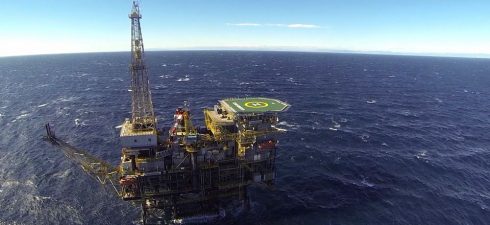By Nickacia forrester
Petrochemical giant Repsol will stop extracting oil in Spain this month as it responds to new environmental laws.
This decision puts an end to 60 years of oil production in the country.
The company, along with its competitor Cepsa, has decided to end its oil activity on the Casablanca platform, located off the coast of the Ebro delta in Catalonia.
According to the Spanish media elEconomista.es, this site could ‘continue to operate until 2038’, but Repsol must meet the requirements of the ecological transition law adopted by Spain in mid-May.

In line with the European Union’s expectations, the law is aimed at enabling the country to achieve carbon neutrality by 2050, in particular by banning the sale of fossil fuel vehicles by 2040.
Oil has been extracted in Spain since a well in Ayoluengo (Burgos) first opened 60 years ago.
Annual production from the Casablanca platform is worth about €4 million in cash terms, but is worth far more to the local economy when transport, logistics and supplies for the facility are factored in.
From now on, Spain will have to rely totally on oil imports. “The Spanish oil sector considers that oil consumption will never return to the pre-crisis levels of 2008 due to the greater efficiency of the car fleet and the gradual electrification of transport,” concludes Economiste.








